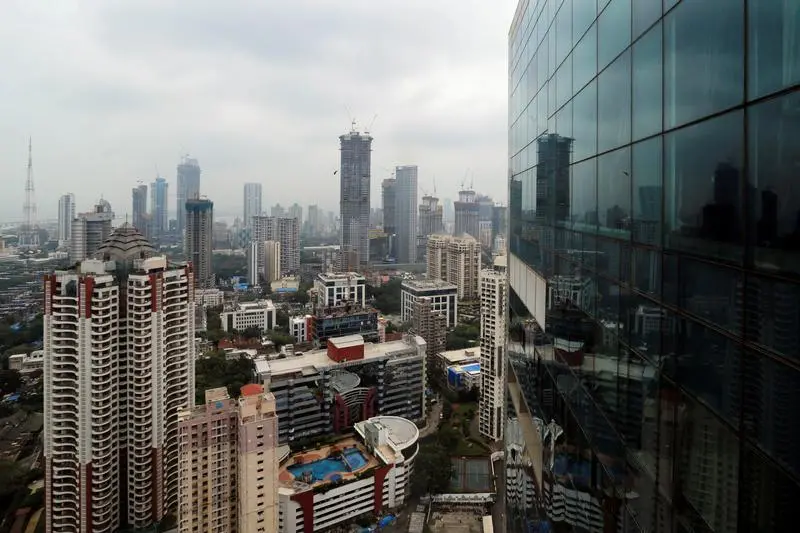PHOTO
NEW DELHI - India will raise taxes on certain goods and services including kitchenware to 18% from 12%, the finance ministry said, a move that is likely to upset many consumers and businesses facing rising inflation.
Kitchen utensils, LED lights, farm machinery, solar water systems as well as services like work contracts for roads, irrigation projects, hospitals and educational institutions would now be charged at the higher rate, the ministry said.
Analysts said higher taxes would put an additional burden on households - already facing a surge in food and energy prices.
India's consumer price index-based inflation rose 7.04% year-on-year in May, after touching an eight-year high of 7.79% in April, but remained above the central bank's tolerance band of 6% for a fifth month in a row.
A decision to hike tax rates on casinos, horse racing and online gaming was deferred as some states sought more consultation, Nirmala Sitharaman, India's federal finance minister, said.
The Goods and Services Tax Council, comprising top federal and state finance ministers, decided to rationalise tax rates on certain goods and services to remove an inverted duty structure, she told reporters after a two-day meeting in Chandigarh.
Prime Minister Narendra Modi had introduced GST tax in 2017, replacing about 20 federal and state taxes, aiming to unify $3 trillion economy and 1.4 billion people into a single market.
The council has made hundreds of amendments in the tax law over the years, and granted various tax exemptions amid political pressure by various industry groups.
The new rates will be effective from July 18.
The council also approved an increase in tax on electronic waste to 18% from 5%, petroleum and coal bed methane to 12% from 5% earlier, besides raising rates for packaged food items.
The tax on agricultural items like packaged cereals, wheat, maize, rice, which are unbranded but sold in a labelled package may increase by 5%, said Vivek Jalan, Partner, Tax Connect Advisory, a tax consultancy firm.
"Edible oils as well as milk products are likely to become costlier as a result of the GST rate increases," he said.
A survey released by a local consultancy LocalCircles said on Wednesday 37% businesses were spending more time on GST compliance compared to pre-GST period but government tax receipts have gone up significantly due to better compliance and plugging of pilferage.
(Additional reporting by Aftab Ahmed; Editing by Jason Neely, Emelia Sithole-Matarise and Alison Williams)





















